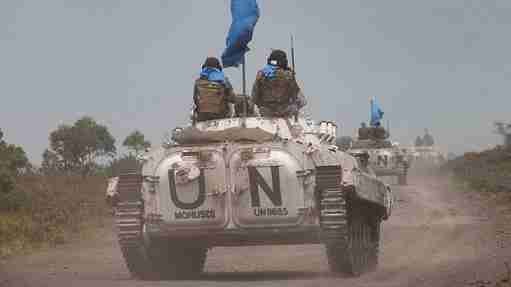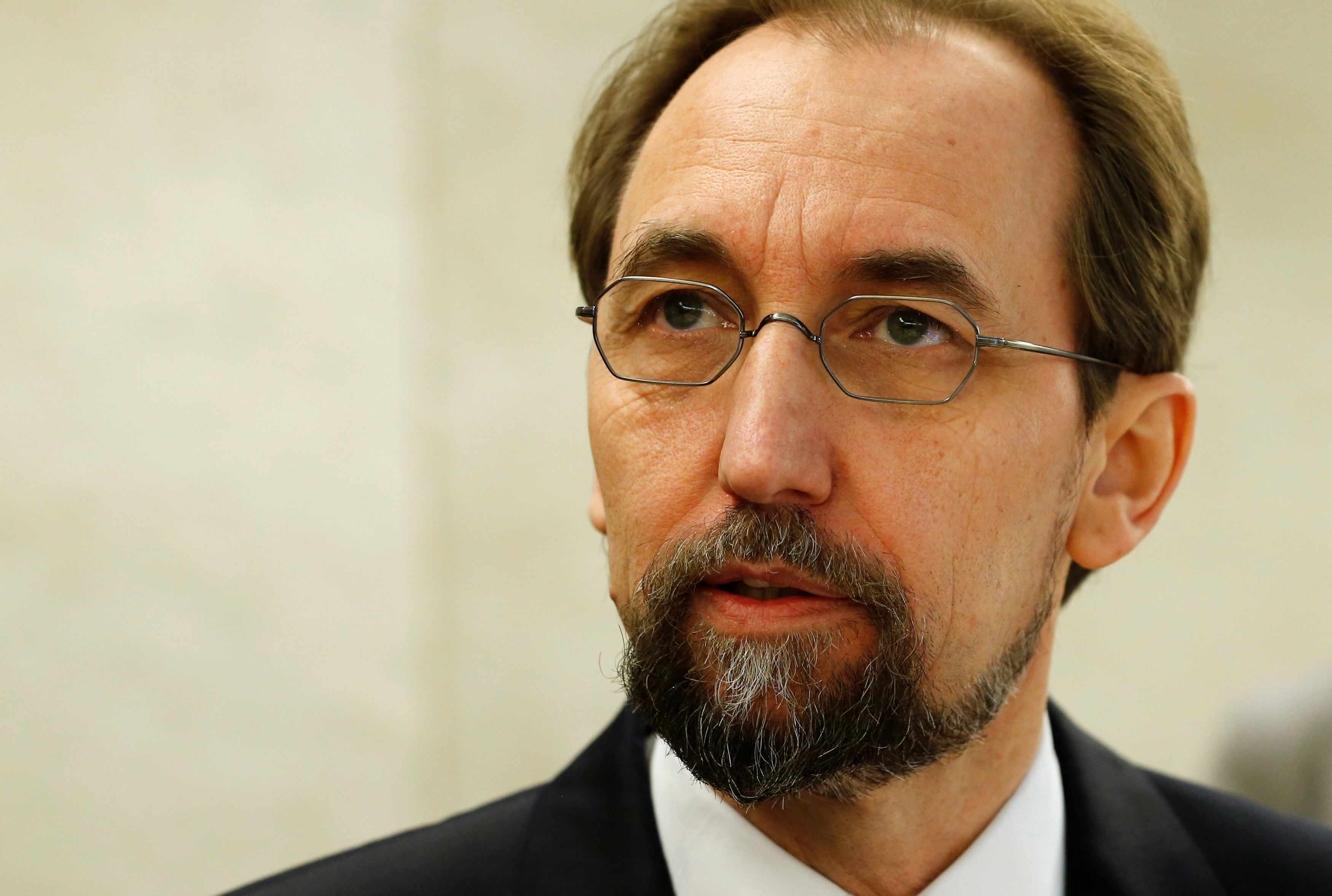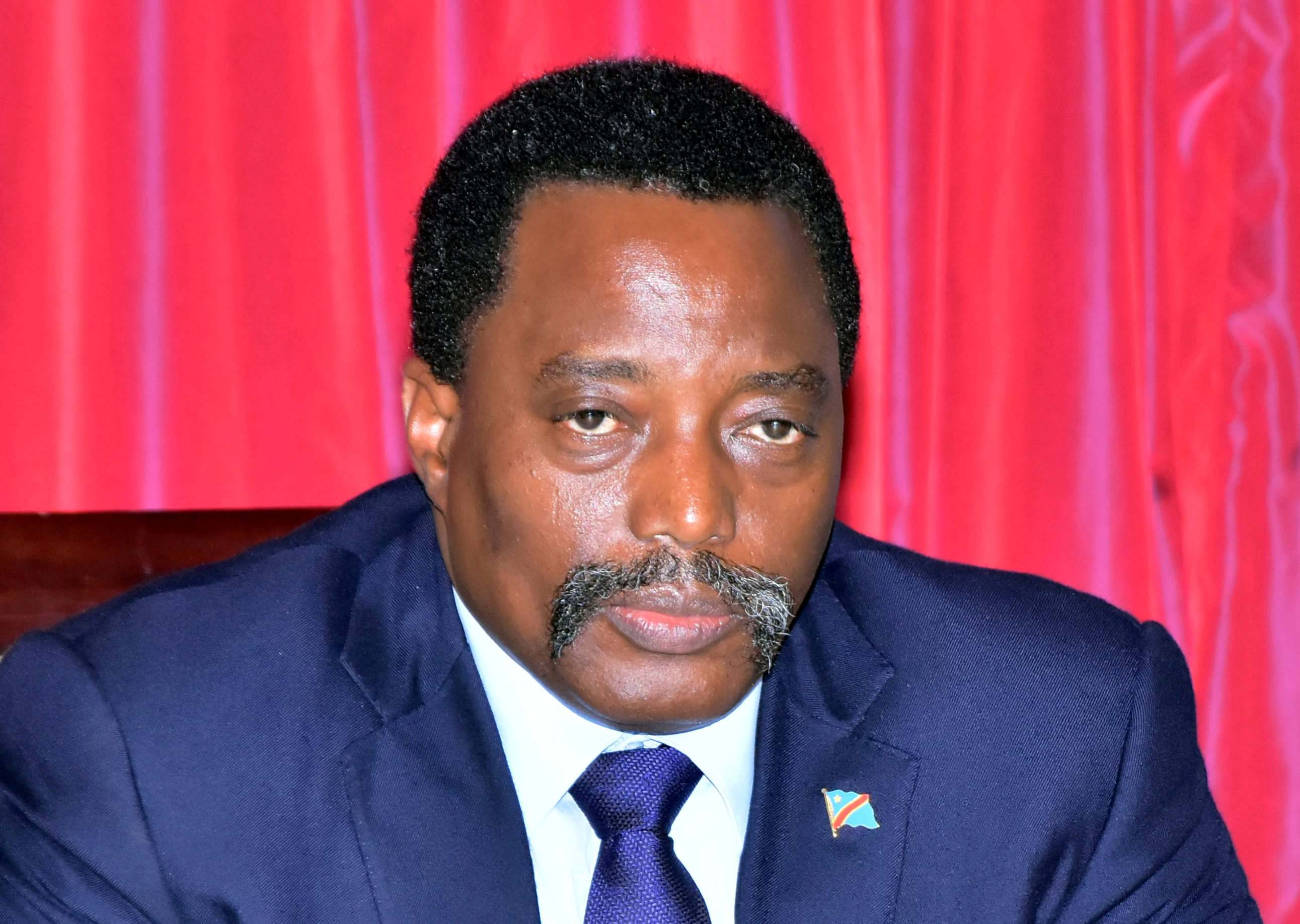
Politics
12:33, 27-Jul-2017
UN names three investigators to probe DR Congo abuses

By CGTN's Jerry Owilli
The United Nations has named three human rights experts to spearhead an international investigation into killings and other crimes in the Kasai region of the Democratic Republic of Congo.
This move is however expected to cause a showdown with the DR Congo government.
The three experts are Bacre Waly Ndiaye, a UN investigator from Senegal, Luc Cote, a Canadian who worked on a previous UN inquiry into DR Congo atrocities, and Mauritania’s Fatimata M’Baye.

UN High Commissioner for Human Rights Zeid Ra'ad Al Hussein arrives for the 31st session of the Human Rights Council at the U.N. European headquarters in Geneva, Switzerland, February 29, 2016. /Reuters Photo
UN High Commissioner for Human Rights Zeid Ra'ad Al Hussein arrives for the 31st session of the Human Rights Council at the U.N. European headquarters in Geneva, Switzerland, February 29, 2016. /Reuters Photo
They were named by the UN High Commissioner for Human Rights Zeid Ra'ad Al Hussein, who has called for perpetrators to be prosecuted, including the pro-government Bana Mura militia that he said had cut off childrens’ limbs and sliced open pregnant women.
The DR Congo has in the past insisted that its own justice system is in charge of the inquiry, with the UN providing “technical or logistical support.”
Reuters however reported that government spokesman Lambert Mende played down any differences over the investigators’ mandate as “semantic” and said the Kinshasa government had instructed its embassies to help the experts procure visas.

Democratic Republic of the Congo's President Joseph Kabila is pictured inside his office at the Palais de la Nation building in Gombe municipality in the capital Kinshasa, Democratic Republic of the Congo April 3, 2017. /Reuters Photo
Democratic Republic of the Congo's President Joseph Kabila is pictured inside his office at the Palais de la Nation building in Gombe municipality in the capital Kinshasa, Democratic Republic of the Congo April 3, 2017. /Reuters Photo
More than 3,000 people have been killed and 1.4 million displaced in the violence, part of a wave of unrest that has worsened since President Joseph Kabila refused to step down when his mandate expired in December.
Kabila stayed on as President after failure to hold elections.
The country’s electoral authority said it could not conduct the vote due to logistical challenges.

SITEMAP
Copyright © 2018 CGTN. Beijing ICP prepared NO.16065310-3
Copyright © 2018 CGTN. Beijing ICP prepared NO.16065310-3